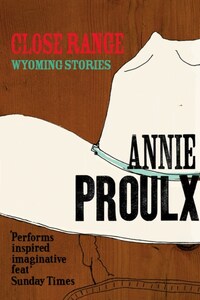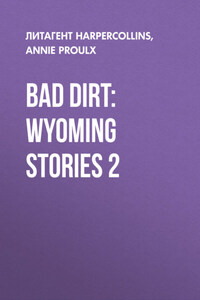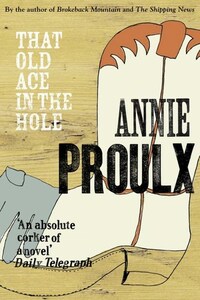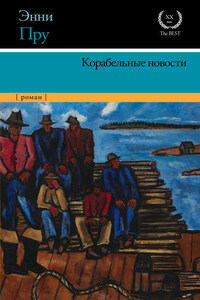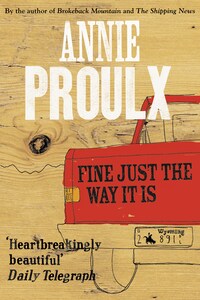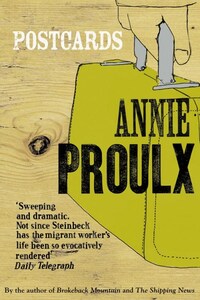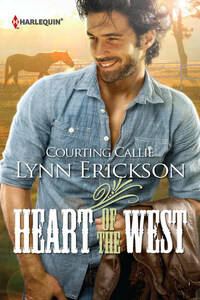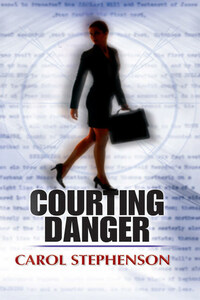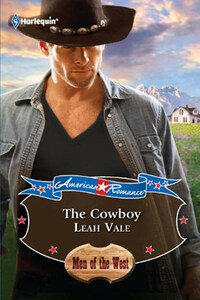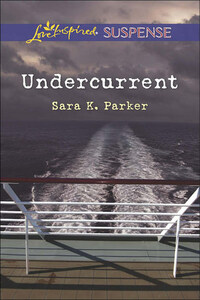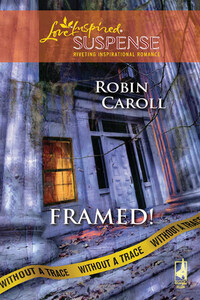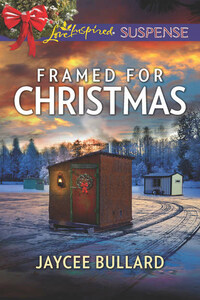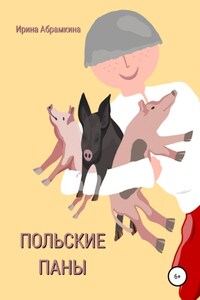Fourth Estate
An imprint of HarperCollins Publishers 1 London Bridge Street, London SE1 9GF
www.4thestate.co.uk
This edition published 2010
First published in Great Britain as Close Range: Wyoming Stories by Fourth Estate in 1999
Copyright © Dead Line, Ltd. 1999
‘Brokeback Mountain’, ‘The Mud Below’, ‘The Blood Bay’ and ‘The Bunchgrass Edge of the World’ originally appeared in The New Yorker; ‘The Half-Skinned Steer’ appeared in The Atlantic; ‘People in Hell Just Want a Drink of Water’ appeared in GQ.
Annie Proulx asserts the moral right to be identified as the author of this work
A catalogue record for this book is available from the British Library
This novel is entirely a work of fiction. The names, characters and incidents portrayed in it are the work of the author’s imagination. Any resemblance to actual persons, living or dead, events or localities is entirely coincidental.
All rights reserved under International and Pan-American Copyright Conventions. By payment of the required fees, you have been granted the nonexclusive, nontransferable right to access and read the text of this ebook on screen. No part of this text may be reproduced, transmitted, downloaded, decompiled, reverse engineered, or stored in or introduced into any information storage and retrieval system, in any form or by any means, whether electronic or mechanical, now known or hereinafter invented, without the express written permission of HarperCollins e-books.
Ebook Edition © MAY 2012 ISBN 9780007368815
Version 2016-06-13
HarperCollinsPublishers has made every reasonable effort to ensure that any picture content and written content in this ebook has been included or removed in accordance with the contractual and technological constraints in operation at the time of publication.
IN THE LONG UNFURLING OF HIS LIFE, FROM TIGHT-wound kid hustler in a wool suit riding the train out of Cheyenne to geriatric limper in this spooled-out year, Mero had kicked down thoughts of the place where he began, a so-called ranch on strange ground at the south hinge of the Big Horns. He’d got himself out of there in 1936, had gone to a war and come back, married and married again (and again), made money in boilers and air-duct cleaning and smart investments, retired, got into local politics and out again without scandal, never circled back to see the old man and Rollo bankrupt and ruined because he knew they were.
They called it a ranch and it had been, but one day the old man said it was impossible to run cows in such tough country where they fell off cliffs, disappeared into sinkholes, gave up large numbers of calves to marauding lions, where hay couldn’t grow but leafy spurge and Canada thistle throve, and the wind packed enough sand to scour windshields opaque. The old man wangled a job delivering mail, but looked guilty fumbling bills into his neighbors’ mailboxes.
Mero and Rollo saw the mail route as a defection from the work of the ranch, work that fell on them. The breeding herd was down to eighty-two and a cow wasn’t worth more than fifteen dollars, but they kept mending fence, whittling ears and scorching hides, hauling cows out of mudholes and hunting lions in the hope that sooner or later the old man would move to Ten Sleep with his woman and his bottle and they could, as had their grandmother Olive when Jacob Corn disappointed her, pull the place taut. That bird didn’t fly and Mero wound up sixty years later as an octogenarian vegetarian widower pumping an Exercycle in the living room of a colonial house in Woolfoot, Massachusetts.
One of those damp mornings the nail-driving telephone voice of a woman said she was Louise, Tick’s wife, and summoned him back to Wyoming. He didn’t know who she was, who Tick was, until she said, Tick Corn, your brother Rollo’s son, and that Rollo had passed on, killed by a waspy emu though prostate cancer was waiting its chance. Yes, she said, you bet Rollo still owned the ranch. Half of it anyway. Me and Tick, she said, we been pretty much running it the last ten years.
An emu? Did he hear right?
Yes, she said. Well, of course you didn’t know. You heard of Down Under Wyoming?
He had not. And thought, what kind of name was Tick? He recalled the bloated grey insects pulled off the dogs. This tick probably thought he was going to get the whole damn ranch and bloat up on it. He said, what the hell was this about an emu? Were they all crazy out there?
That’s what the ranch was now, she said, Down Under Wyoming. Rollo’d sold the place way back when to the Girl Scouts, but one of the girls was dragged off by a lion and the G.S.A. sold out to the Banner ranch next door who ran cattle on it for a few years, then unloaded it on a rich Australian businessman who started Down Under Wyoming but it was too much long-distance work and he’d had bad luck with his manager, a feller from Idaho with a pawnshop rodeo buckle, so he’d looked up Rollo and offered to swap him a half-interest if he’d run the place. That was back in 1978. The place had done real well. Course we’re not open now, she said, it’s winter and there’s no tourists. Poor Rollo was helping Tick move the emus to another building when one of them turned on a dime and come right for him with its big razor claws. Emus is bad for claws.
